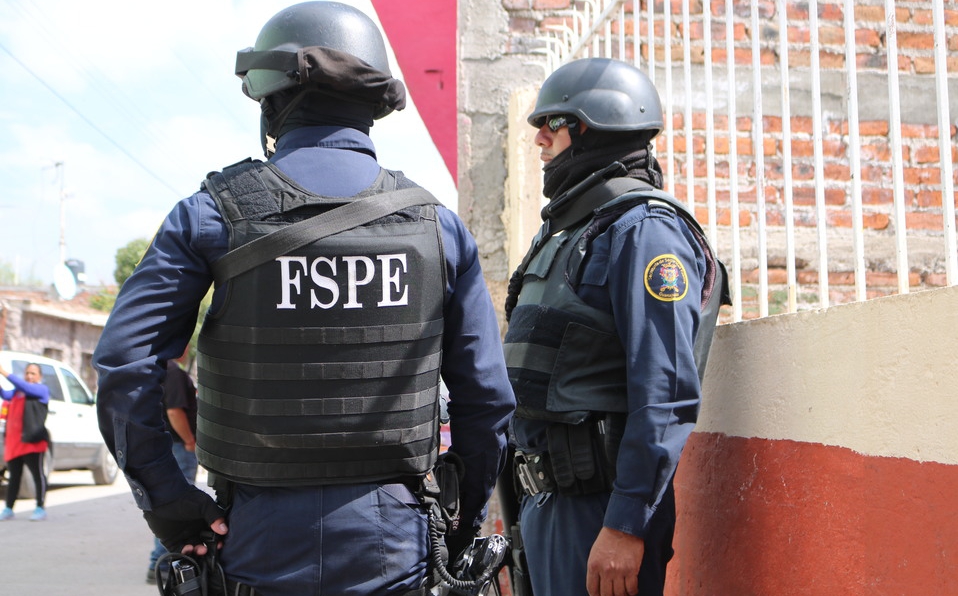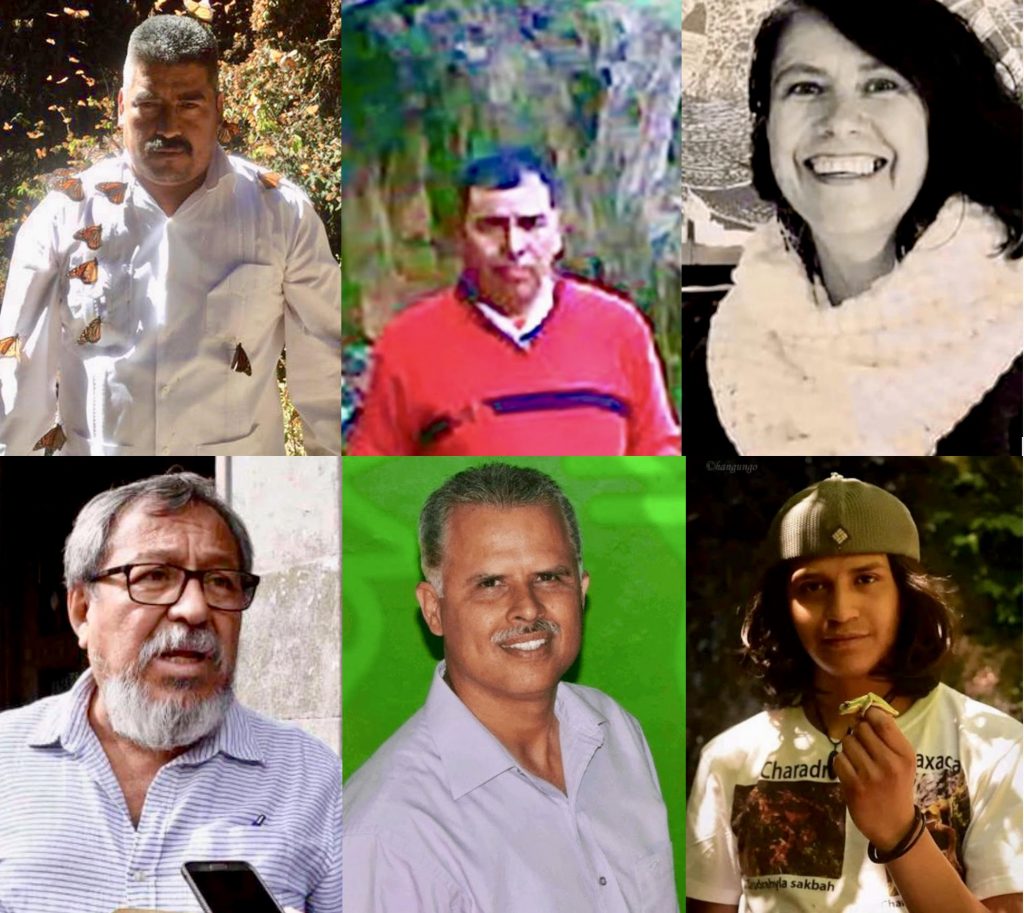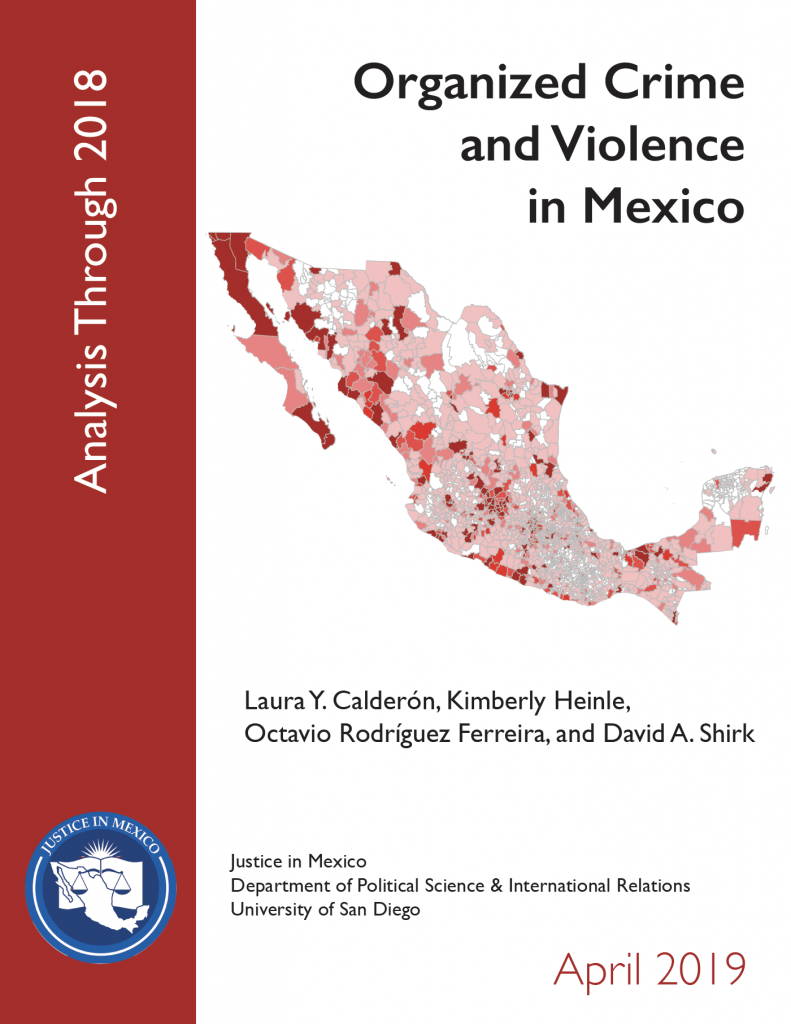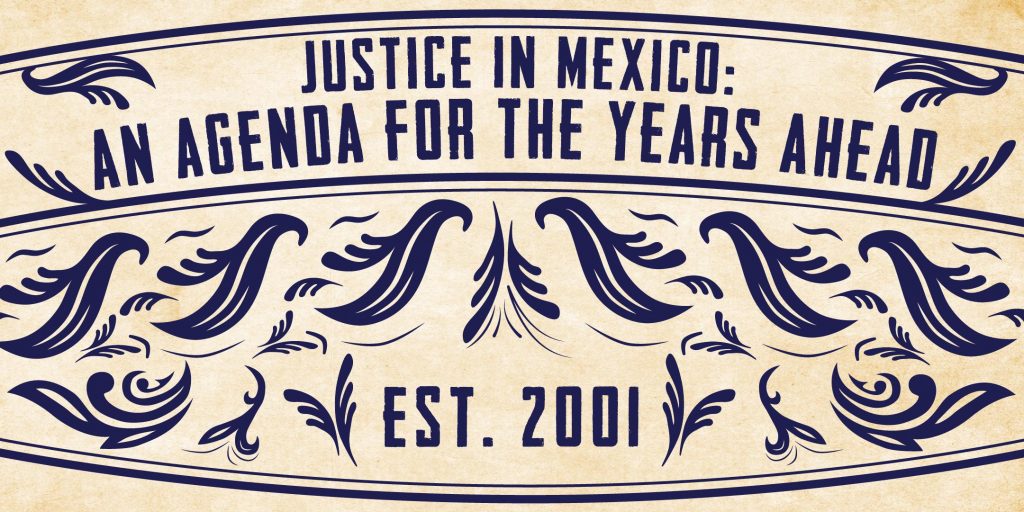 SAN DIEGO, CA: On Friday, November 3, 2014, the University of San Diego (USD) and the Universidad Autónoma Nacional de México (UNAM) announced the launch of a new bi-national training program for law professors and students, thanks to a $1.1 million grant from the U.S. State Department’s Bureau of Narcotics and Law Enforcement.
SAN DIEGO, CA: On Friday, November 3, 2014, the University of San Diego (USD) and the Universidad Autónoma Nacional de México (UNAM) announced the launch of a new bi-national training program for law professors and students, thanks to a $1.1 million grant from the U.S. State Department’s Bureau of Narcotics and Law Enforcement.
This program, the “Oral Adversarial Skill-Building Immersion Seminar (OASIS),” forms part of the Mérida Initiative, a multi-billion dollar effort by the U.S. government to cooperate with Mexico in combating crime and violence, promoting judicial reform, improving border security, and strengthening civil society.
The OASIS program will be coordinated by Justice in Mexico, which is a long-standing rule of law initiative based at the University of San Diego. Justice in Mexico will be collaborating with the UNAM School of Law, which is Mexico’s largest higher education institution and one of the top five law schools in Latin America. The program is intended to provide trainings to advance the implementation of Mexico’s new criminal justice system. Its aim is to foster exchanges among U.S. and Mexican law professors and students in an effort to improve understanding and cooperation within the legal profession.
“USD has many strong ties to Mexico and an impressive track record of helping to strengthen the relationship between our two countries,” said Mary Lyons, president of the University of San Diego, who offered her praise for the new partnership. Because of its location just 22 miles from the border, the University of San Diego houses many respected programs that enable the campus to become an important part of social justice efforts in Mexico.
The OASIS program will assist in Mexico’s transition to a new oral, adversarial and accusatory criminal justice system. The program will include three 40-hour skill-building workshops for around 80 participants per workshop. This will help UNAM faculty and students develop knowledge and skills in the development of statements, presentation of evidence at trial, and other oral advocacy skills. UNAM Law Faculty Director María Leoba Castañeda Rivas noted the importance of a program such as this. “UNAM is deeply committed to promoting a culture of lawfulness in Mexico, and our faculty and students are constantly striving to find constructive and innovative solutions to the legal problems of contemporary society,” said Castañeda Rivas.
The workshop instructors will consist of recognized and experienced U.S. attorneys, judges, magistrates, and experts on the theory and practice of oral, adversarial and accusatory criminal justice systems. The trainings are planned for early 2015.
“Many people in the United States are not really aware of the fact that the Mexican legal system is undergoing a major transition,” said David Shirk, Justice in Mexico director and professor in the University of San Diego Department of Political Science and International Relations. “We are honored and excited to be working with Mexico’s largest and most important law school to help their faculty and students acquire skills they need to improve the administration of justice in Mexico.”
The University of San Diego will also partner with professors at Harvard and American University to organize study tours for a select group of UNAM participants, who will be given the opportunity to visit three major U.S. cities (San Diego, Boston, and Washington, D.C.) to learn more about legal education, institutions, and practices in the United States. The program will culminate in an international symposium convening leading legal scholars and experts. The symposium will examine the nature and merits of oral, adversarial and accusatory criminal justice systems, the course of Mexico’s progress toward judicial reform implementation, and the role of law schools in providing necessary technical training and support.




